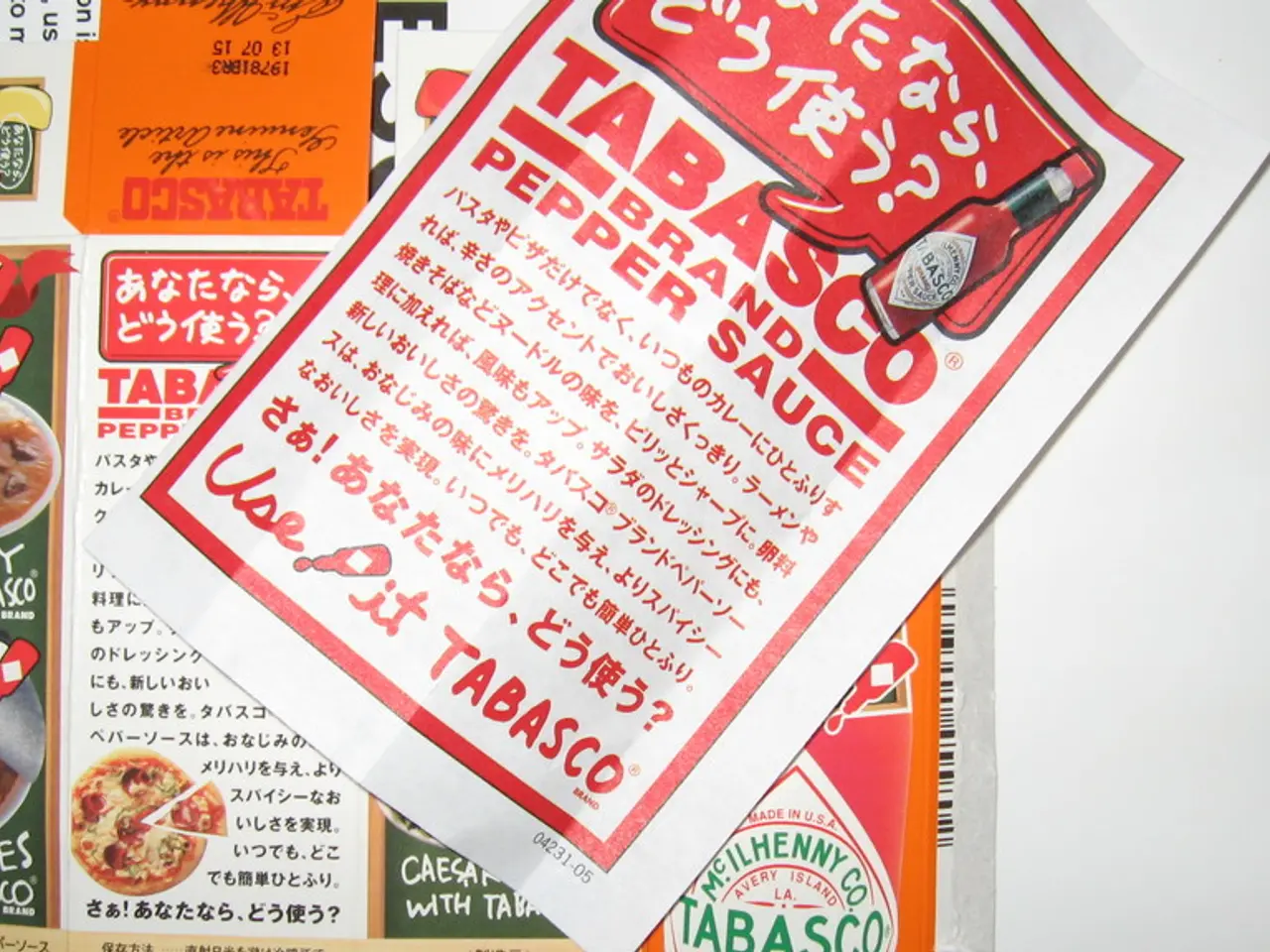U.S.-India trade frictions intensify, targeting toothpaste, fast food, and beverages from well-known brands like McDonald's and PepsiCo.
In the midst of escalating trade tensions between India and the United States, Dabur, an Indian consumer goods company valued at $11 billion, has taken a bold step to promote local goods. The company, which holds a 17% share of the Indian toothpaste market, according to Euromonitor data, has launched a marketing campaign that targets the popular American toothpaste brand, Colgate.
The campaign, which was featured in a front-page newspaper advertisement in the Times of India, resembles Colgate's packaging but instead promotes an unbranded toothpaste pack. The advertisement, which did not name its rival, suggested that India's favorite toothpaste brand was American, and Dabur is the "Swadeshi" (indigenous) choice. The advertisement also stated, "Born there, not here," in a font styled with the red, white, and blue of the American flag.
Karthik Srinivasan, a communications consultant, referred to the advertising strategies of Dabur and others as "moment marketing." This strategy aims to capitalise on current events and trends to create a buzz around a brand.
Prime Minister Narendra Modi has reiterated his call for the use of "Swadeshi," or made-in-India goods. This call has been heeded by several Indian companies, including Amul, India's largest dairy, which has published ads featuring "Made in India" products on its social media accounts. Indian email provider Rediff also took out a newspaper ad promoting its service as the "mail of India" that helps to keep customers' business intelligence local.
The intensified promotion of local goods comes amid worsening trade ties with the United States. US President Donald Trump recently imposed tariffs of up to 50% on imported Indian goods. Modi's supporters have started a WhatsApp campaign to boycott American brands including McDonald's, Pepsi, and Apple.
Despite Dabur's efforts, Colgate still holds a significant share of the Indian toothpaste market with 43%. The Indian unit of Unilever, home to the Pepsodent brand, also holds a significant share of the market. However, Dabur's advertising strategy has garnered attention and sparked a conversation about the importance of supporting local businesses.
Dabur declined to comment on the advertisement, and Colgate did not respond to queries from Reuters. However, the advertisement included a QR code that directed consumers to a shopping link on the Amazon India website, suggesting that Dabur is ready to capitalise on the growing demand for local goods.
As the trade tensions between India and the United States continue to escalate, it will be interesting to see how other Indian companies respond and whether this trend towards promoting local goods continues to gain momentum.








